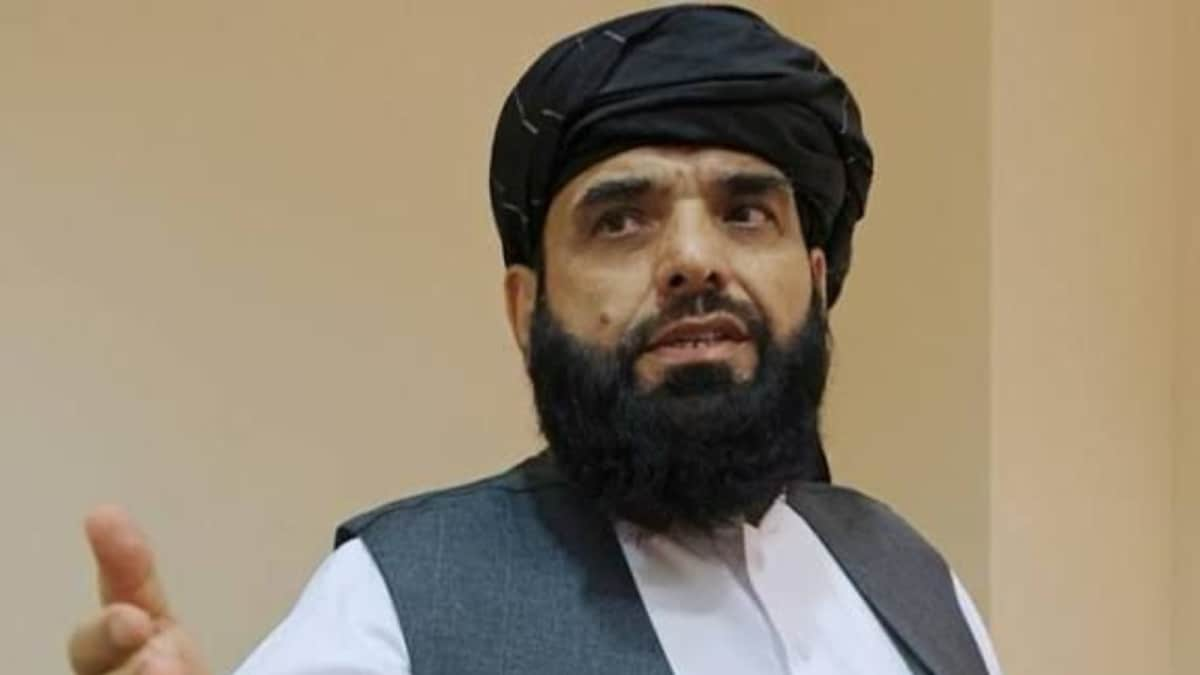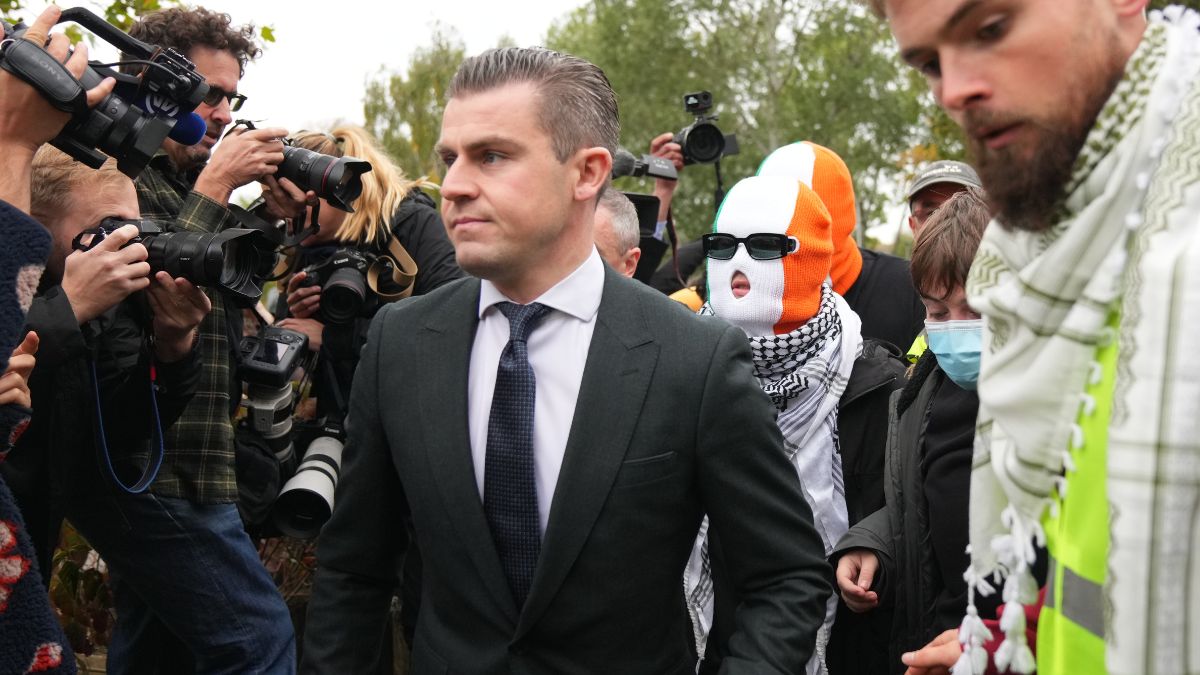Last Updated:
Responding to mounting concerns voiced by Russia, China, Pakistan, and Iran, Suhail Shaheen dismissed the warnings as products of “media bias” and a “blame game”.

Suhail Shaheen, Ambassador of Afghanistan to Kabul.
Suhail Shaheen, the Ambassador of Afghanistan to Doha, has firmly rejected allegations that Afghan soil is being used as a base for terror networks. Responding to mounting concerns voiced by countries including Russia, China, Pakistan, and Iran at the sidelines of the UN General Assembly (UNGA), Shaheen, in an exclusive conversation with CNN-News18, dismissed the warnings as products of “media bias” and a “blame game,” reiterating that Kabul remains committed to the obligations outlined in the Doha Accord.
Shaheen stressed that Afghanistan does not host any network of militant groups, as claimed in joint statements issued by regional powers. “First of all, I would like to say there is no such network. What they call we are, we are victims of media bias, media reports,” he said. Emphasising Kabul’s position, he added that accusations should be backed by “solid proof” and submitted through formal diplomatic channels rather than amplified in the media. “We are committed to tackle the issue to address the concern of any country, but of course, someone who claims should present proof,” he remarked.
Recommended Stories
Addressing the statement made at UNGA by four regional powers, Shaheen questioned its credibility in the absence of Afghan representation at the forum. He argued that meaningful dialogue requires Kabul’s voice at the table. “It is important if there is such a forum, our representatives should be there… we present our views and answer their concern. In the absence of our representatives, such a statement without presenting any proof is not a good or effective approach,” he said.
Tensions with Pakistan were also highlighted during the interview, with Islamabad repeatedly accusing Kabul of failing to uphold the Doha Accord in spirit. Shaheen accused Pakistan of “double talk,” pointing out that even after Pakistani leaders meet Afghan officials such as Sirajuddin Haqqani and Amir Khan Muttaqi, they return to making public claims against Kabul. “Only claims are not enough, this needs proof. We have open diplomatic channels. They can present it, and we are committed to address them. But megaphone diplomacy through media and blame game is not for relations between two countries,” he noted.
When asked directly about the presence of groups such as ISIS-K, Al Qaeda, ETIM, TTP, Jaish-e-Mohammed, Lashkar-e-Taiba, Balochistan Liberation Army, or the Majid Brigade inside Afghanistan, Shaheen again denied the allegations outright. “They claim so. If they claim, they should have evidence, they should have proof, and we are committed to address any concern. Otherwise, only claiming and blame game through media doesn’t serve any side,” he said.
Throughout the discussion, Shaheen projected Afghanistan as a victim of “biased propaganda” rather than a sponsor of militancy. He sought to reassure the international community that Kabul remains bound by the Doha Accord, which obliges it not to allow Afghan territory to be used against other countries.
About the Author

Group Editor, Investigations & Security Affairs, Network18
Group Editor, Investigations & Security Affairs, Network18
September 26, 2025, 16:26 IST
Loading comments…
Read More



)